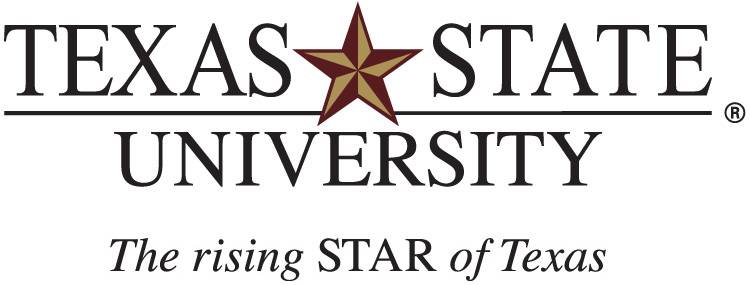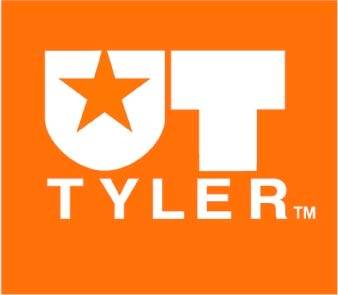Home
 |  |  |
NanoTRA-Texas Regional Alliance to Foster Nanotechnology Environment, Health, and Safety Awareness in Tomorrow’s Engineering and Technology Leaders
Texas State University and the University of Texas at Tyler; have recently received a NSF-NUE (Nanotechnology Undergraduate Education) grant to develop introductory and advanced curricula that address “nanotechnology safety issues” that include social, ethical, environmental, health; and safety issues of nanotechnology. The curricula will be modular in nature, suitable for use either as two full-semester courses that will be taught online at UT Tyler or for insertion as separate modules into undergraduate engineering, engineering technology, and industrial technology courses taught face-to-face at Texas State.
During the next 10 years, nanotechnology will emerge as the next industrial revolution. Therefore, the next generation of engineers and technologists must be prepared to address social, ethical, and environmental issues related to nanotechnology, particularly health and safety issues. The proposed effort will address this need by developing courses that consist of new teaching modules addressing social, ethical, environmental, health and safety issues related to nanotechnology. Students will develop skill sets to assess and determine appropriate actions to maintain a safe working environment. To provide a holistic and engaging learning experience, students will engage in hands-on experimentation, tour nanotechnology companies, engage in hands-on training in labs at the host institution, watch videos, write a group-based term paper based on case studies, engage in guided small-group learning, and listen to expert guest speakers. The Nanotechnology Advisory Council consisting of leading scientists and industry professionals in nanotechnology will assist in ensuring the quality and relevance of course content. The research team is highly interdisciplinary with extensive experience in nanotechnology, ethics; and nanotechnology safety, representing mechanical/manufacturing engineering, civil engineering, electrical engineering, industrial education and technology, physics, environmental biology; and philosophy.